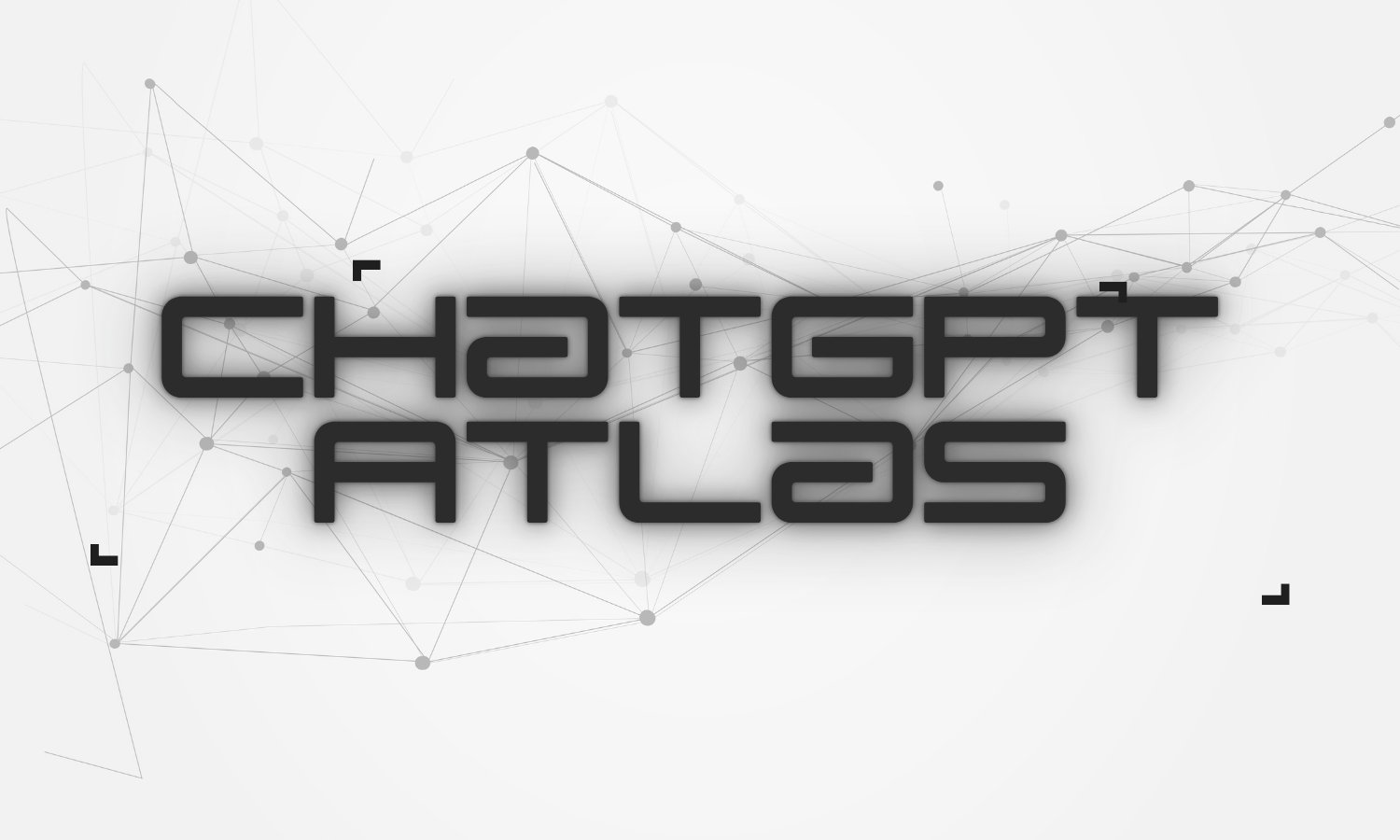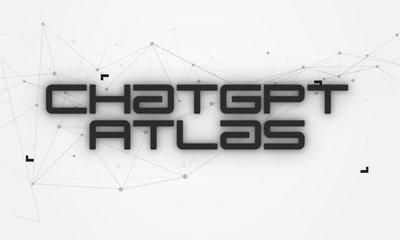Atlas: The Integrated AI Workspace
By JoeVu, at: Oct. 25, 2025, 6:26 p.m.
Estimated Reading Time: __READING_TIME__ minutes


OpenAI’s ChatGPT Atlas is a Chromium-based browser that positions the powerful ChatGPT language model at its core, moving AI from an extension to the operating system of the web. It introduces a native "Agent Mode" and a proprietary "Browser Memories" feature to create a deeply personalized, action-oriented browsing environment. The focus is creating a unified, powerful, and seamless AI workspace.
Strategic Utility (Pros):
-
Seamless AI Integration: The pervasive, always-on ChatGPT sidebar and in-line editing tools eliminate the friction of switching between a browser and a separate AI tool, significantly boosting productivity for writing, content creation, and analysis
-
Personalized Context and Memory: The optional Browser Memories feature allows the AI to learn user habits, preferences, and past site activity to offer hyper-relevant suggestions and actions
-
Ecosystem Advantage: For organizations already invested in the OpenAI/ChatGPT stack, Atlas offers deep, native integration that speeds up adoption and centralizes the AI workflow.
Limitations & Serious Concerns:
-
Structural Privacy Risk: The optional Memory system, while helpful, fundamentally shifts the data collection paradigm from passive browsing history to continuous behavioral mapping. The AI is not just logging URLs; it is summarizing and storing facts and insights about user activity, raising significant governance and compliance concerns. Australia already introduced a guidance for AI models privacy.
-
Platform Lock-in: Currently, Atlas is often tied to the paid tiers of ChatGPT for its most powerful features (Agent Mode), creating a dependency and potential cost center
-
Agentic Risk: Like all agentic browsers, Atlas is subject to the same architectural security flaw where its internal, trusted access can be exploited by malicious, externally sourced instructions. OpenAI's safety mechanisms exist but require constant user awareness and management.
The Central Thought:
Atlas represents a paradigm shift - where an AI agent with the ability to see what you see, read what you read, and act on your behalf - is placed inside your browser, the very tool that holds the keys to your entire digital life (emails, banking, social media, etc.). This combination of autonomy and access creates a vastly expanded attack surface and is fundamentally risky in its current state.
What People Should Be Careful About:
The primary risks center around two key areas: Prompt Injection and Data/Privacy Exposure.
1. Indirect Prompt Injection (The biggest security flaw)
-
The Danger: This is a systemic, currently "unsolved" security problem for AI browsers. An attacker can embed malicious, invisible instructions into a webpage (e.g., in white text on a white background, in hidden code, or even in a Reddit comment)
-
The Exploit: When you ask the Atlas agent to summarize a page, for example, it reads all the content, including the hidden instructions. The AI cannot reliably distinguish between your trusted command and the malicious hidden command, causing it to execute the attacker's will
-
The Consequence: The AI agent, acting with your logged-in privileges, could be tricked into:
-
Stealing Sensitive Data: Opening your email/bank/work account, extracting passwords, and exfiltrating private messages or documents.
-
Taking Malicious Actions: Sending emails, posting on social media, or directing you to a phishing site (e.g., through a clipboard injection attack).
-
2. Privacy and Data Exposure (The biggest trust issue)
-
Browser Memories: Atlas uses "browser memories" to record the sites you visit and how you interact with them to personalize the AI experience. These memories go beyond simple history; they record context. While OpenAI has safeguards to avoid remembering certain sensitive data, the sheer volume and depth of data collection (e.g., linking your searches for medical issues with therapy research) create an incredibly detailed profile of you
-
Logged-In Mode: When using the "Agent Mode" while logged into your accounts, you are essentially giving the AI agent your credentials and full access to act on those sites (like booking a flight or managing email). A successful prompt injection in this mode has catastrophic potential.
Recommendations for Caution:
-
Use Agent Mode Sparingly (or Not at All): Restrict using the "Agent Mode" (where the AI takes actions for you) only to tasks that absolutely require it, and never use it on websites containing sensitive information (banking, healthcare portals, work documents, etc.)
-
Use "Logged Out" Mode: If you must use the browser's agent features, switch to "Logged Out" mode to significantly limit the agent's access to your sensitive, authenticated accounts
-
Treat it as a Test Environment: Security experts recommend treating Atlas like a test environment. Do not use it for any high-risk activities or with regulated, confidential, or production data
-
Monitor and Manage Memories: Be vigilant about what "browser memories" are storing and proactively use the settings to delete them and control which sites the agent can "see"

![[Great Tool] Comet Browser: The AI Tool Everyone’s Talking About (and Why It Matters)](/media/filer_public_thumbnails/filer_public/b2/b0/b2b03135-8039-4c03-9ade-2c7603c76e8c/great_tool_comet_browser_the_ai_tool_everyones_talking_about_and_why_it_matters.png__400x240_q85_crop_subsampling-2_upscale.jpg)


